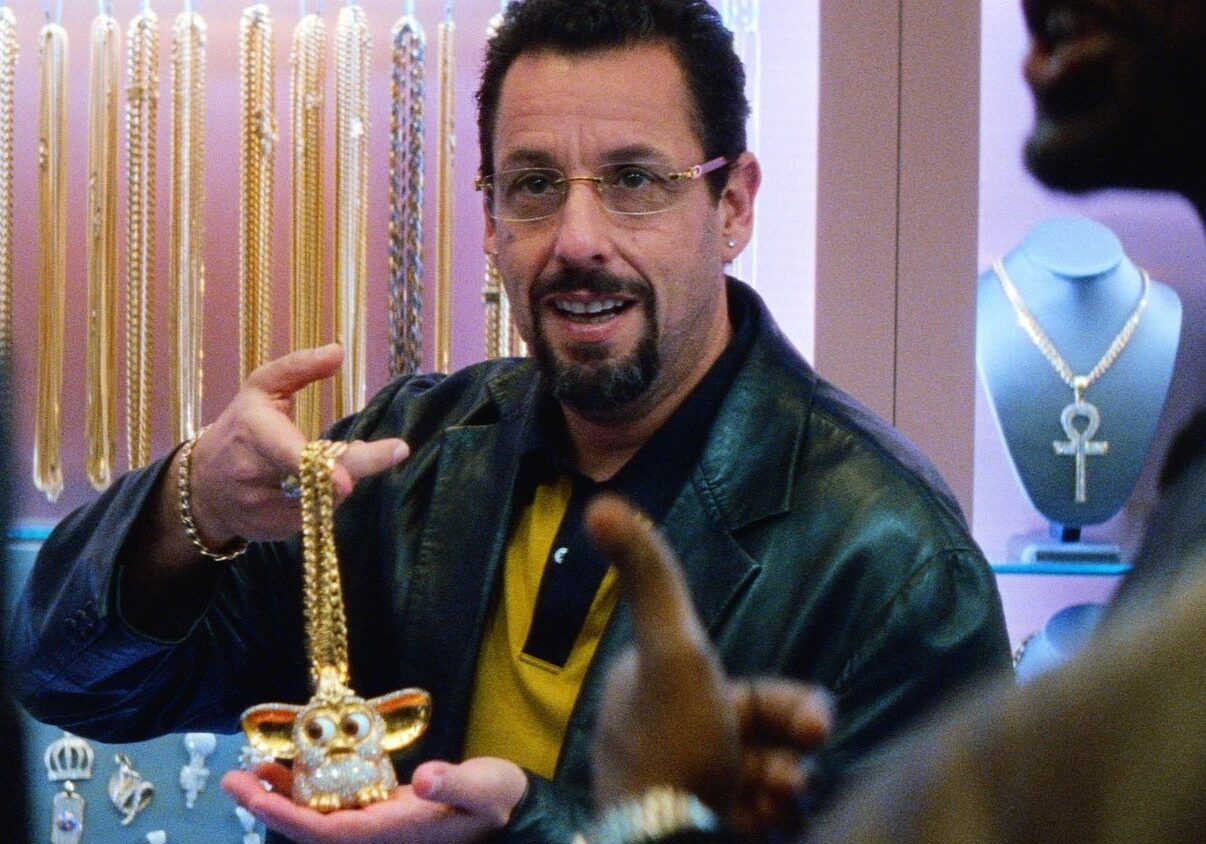Hook, Line and Sinker
To learn more about Epsilon Theory and be notified when we release new content sign up here. You’ll receive an email every week and your information will never be shared with anyone else.
Continue the discussion at the Epsilon Theory Forum
The Latest From Epsilon Theory
This commentary is being provided to you as general information only and should not be taken as investment advice. The opinions expressed in these materials represent the personal views of the author(s). It is not investment research or a research recommendation, as it does not constitute substantive research or analysis. Any action that you take as a result of information contained in this document is ultimately your responsibility. Epsilon Theory will not accept liability for any loss or damage, including without limitation to any loss of profit, which may arise directly or indirectly from use of or reliance on such information. Consult your investment advisor before making any investment decisions. It must be noted, that no one can accurately predict the future of the market with certainty or guarantee future investment performance. Past performance is not a guarantee of future results.
Statements in this communication are forward-looking statements. The forward-looking statements and other views expressed herein are as of the date of this publication. Actual future results or occurrences may differ significantly from those anticipated in any forward-looking statements, and there is no guarantee that any predictions will come to pass. The views expressed herein are subject to change at any time, due to numerous market and other factors. Epsilon Theory disclaims any obligation to update publicly or revise any forward-looking statements or views expressed herein. This information is neither an offer to sell nor a solicitation of any offer to buy any securities. This commentary has been prepared without regard to the individual financial circumstances and objectives of persons who receive it. Epsilon Theory recommends that investors independently evaluate particular investments and strategies, and encourages investors to seek the advice of a financial advisor. The appropriateness of a particular investment or strategy will depend on an investor’s individual circumstances and objectives.









As I’ve said on my Twitter header forever - “Humans do 2 things well: Tell stories & work in teams.” The antidote to a well-told story is a better-told story.
True in almost every circumstance! Although I would also accept as an acceptable antidote fewer storytellers among those (e.g. financial media) who purport to be truth-tellers.
When you get CNN and the Washington Examiner to both bite on the same narrative that’s genuinely impressive. They captured pretty much the full spectrum of right to left with one message, which was basically “why aren’t you in favor of these workers keeping their jobs? What do you have against them?” Just brilliant.
Bread and Circus. I would be completely in favor of bringing back the Lions and setting them loose on the political class. Would make the battle of the septuagenarians significantly more interesting.
Why can’t I shake this feeling of Ponzi? If rates move off of 0%, it all comes down. If we don’t allocate more to risk, it all comes down. If the Fed doesn’t supply more liquidity, it all comes down. If the government doesn’t bail something out, it all comes down.
Tulip, South Sea, Mississippi … What should we call this one?
All true. Two related notes. (1) MSM gullibility worsened as politicians (both parties) have hammered point that taxpayer aid was for “workers” while it was actually a ploy to give airline stock prices a quick boost (2) One of the less noticed impacts of extreme industry consolidation is that it eliminates all critical thinking in the trade press, since any outlet that doesn’t slavishly endorse the narrative can be cut off. As have been writing since April, its not just that ample public evidence contradicts the airline narrative, but after six months, absolutely no one within the industry dares challenge the narrative. See https://www.nakedcapitalism.com/2020/08/hubert-horan-the-airline-industry-collapse-part-3-recovery-expectations-were-always-dreadfully-wrong.html
It is hard to say, because the US Dollar permits us (for now, anyway) to act like there are no consequences for far longer than any of us would ever expect. The Long Now can be exceedingly long.
But if I was picking, I’d go with “Boomer.”
I have been fuming for months over the ridiculous airline bailouts.
A neighbor of mine is a United Pilot. He hasn’t flown since March but is on full pay and just bought a 37 foot power boat so he has something to do. Meanwhile, I’m effectively paying his $200,000 salary through my taxes.
If we did not have the bailouts, the planes would still be there, the airports would still be there, the pilots would still know how to fly. The shareholders and bondholders might get wiped out, and the pilots might make $125,000 in the future, but who cares?
Bank smoothed treasury oil